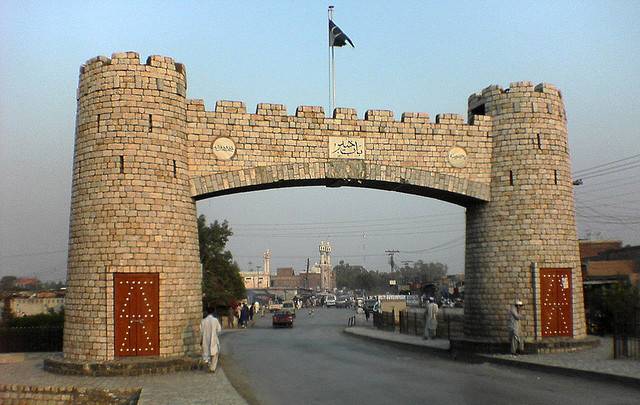ISLAMABAD - The commission on the missing persons, headed by Justice (r) Javed Iqbal, has still over 1,300 cases pending from various parts of Pakistan of which nearly half are from Khyber-Pakhtunkhwa (KP).
The commission recently got an extension in tenure till September 2017.
It has disposed of over 2,000 cases out of a total of 3,611 missing persons, received till September 30, 2017.
“The commission on the missing persons is speedily clearing the pending cases. A number of cases were cancelled as they did not fall in the category of missing persons by any means,” Justice (r) Javed Iqbal, head of the commission on missing persons said in an exclusive interview with The Nation.
The probe body has disposed of missing persons cases received from the Supreme Court, high court, the UN Working Group on Enforced Disappearances and other well-reputed NGOs of different nature on day-to-day basis.
“The commission has been working hard to resolve all pending cases on daily basis,” the commission head said, who had also compiled Abbottabad Commission report, which is yet to be published.
Sharing the breakup of pending cases, Justice (r) Javed Iqbal said that around half of the cases 667 were from Khyber-Pakhtunkhwa (KP).
Similarly, 243 cases were pending from Sindh province.
Punjab has the third largest number of missing persons from different cities.
“232 missing persons cases are being resolved by the commission,” Iqbal said.
Balochistan has also less than 100 missing persons cases pending with the commission.
Mama Qadir, chairman of the Voice for Baloch Missing Persons, Nasrullah Baloch and former chief minister Aslam Raisani had raised voice for the missing persons of their province.
“Only 89 cases from Balochistan are pending in the commission. Majority of the cases have been resolved. Many do not fall under the definition of missing persons,” Iqbal argued.
About Balochistan, he said, Mama Qadir, Nasrullah Baloch and Aslam Raisani had not shared proper documents for tracing the missing persons despite repeated requests.
It is relevant to mention here that Mama Qadir had also pitched tents in Islamabad to protest missing Baloch people.
He claimed that 25,000 people were in fact missing. Aslam Raisani put the toll at 650.
Iqbal said 71 cases from AJK, 51 from Fata and four from Gilgit-Baltistan (G-B) were pending with the commission.
The United Nations Working Group on Enforced Disappearance, he said, also shared its list of missing persons with the commission requesting dealing the referred cases.
“Over 80 per cent cases referred by the United Nations Working Group on Enforced Disappearances were disposed of,” Iqbal said.
Sources in the commission, on this particular matter, shared that the UN group also attempted to dictate commission to follow international law.
When asked about the missing persons related to the MQM, the commission head said the body had already resolved most of those cases.
A large number of forwarded cases from different organisations, he said, were not genuine as some did not even fall in the category of “missing persons”, and were in fact related to kidnapping, ransom, old enmities and rival groups clashes.
Iqbal said the commission had not been given status of a permanent body.
“The members of the body are just working to resolve the missing persons cases in Pakistan, as it is discretion of concerned authority,” he added.
The commission on missing persons has got an extension for a third time but it still has not been given the status of a permanent body.
When asked about when would the commission submit its report to the prime minister, Iqbal said the commission will submit its report on due date.
“The body will submit its report to the prime minister before the extended date,” he added.
The commission has also fixed responsibility on groups and institutions in its report, which will be presented to the prime minister after its completion.
Iqbal was also head of the Inquiry Commission on Abbottabad operation that prepared a report which was submitted to former prime minister Raja Pervez Ashraf in January 2013.






